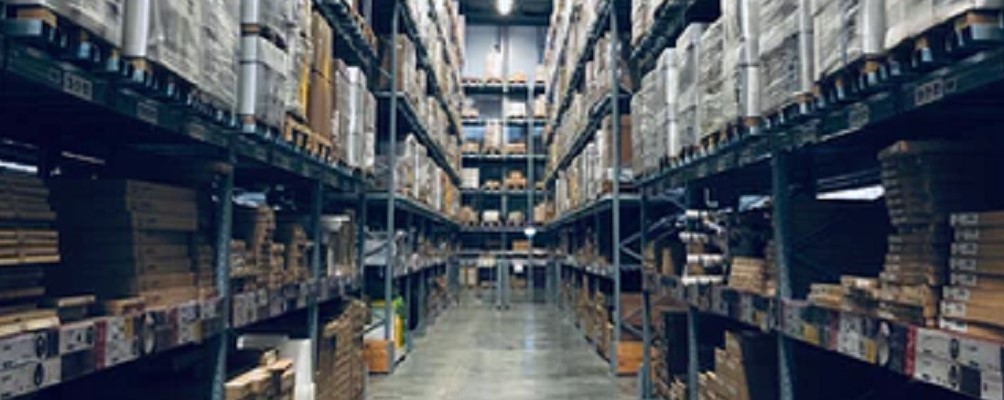
Dangerous Ethics Problems in Warehouses
Ethics problems plaguing warehouses are creating dangerous situations for employees. This also causes problems for businesses as well.
Everyone in the supply chain can be affected by what happens at warehouses. This is why ethics are so important. As a critical element in the supply chain, dangerous ethical issues have a ripple effect.
It’s important for employees to have a way to report warehouse ethics problems to stay safer and protect the supply chain.
Skipping Safety Training
In busy warehouses, ethics are often pushed to the side in order to get more accomplished. This can mean skipping important safety training. New employees may get a general overview and then get pushed into the job quickly. Instead of adhering to recommended safety practices, they’re encouraged to do whatever it takes to get the job done faster. As a result, they can get hurt, hurt others, damage equipment and damage products.
Using Sub-par Safety Equipment
In every industry, there will be some businesses that prefer to use sub-par equipment and products. This is one of the biggest ethics problems plaguing warehouses. For instance, shelving may be outdated, leading to dangerous conditions for employees as it falls apart. Businesses may not provide enough protective equipment, such as gloves and hardhats.
It’s also not unusual for businesses to use much older equipment that may not have safety features built-in. Instead of upgrading, they continue using dangerous equipment that puts employees at risk.
Not Enough Employees
Businesses want to get more done while spending less on employees. Many warehouses have switched to automated methods. However, a dangerous warehouse ethics problem is not having enough employees to safely do the job.
Employees need time to do their job safely. They can’t rush when using forklifts. They can’t run through busy warehouses. Instead of accomplishing more, they damage products, ruin equipment and get hurt. None of this is good for the business. In fact, it costs far then just hiring more employees.
Using Cheap Labor
This actually covers several dangerous ethics issues for warehouses. The first is underpaying employees. When they’re not paid what they’re worth, they may not care enough about the job to be careful. They might not even care about their fellow employees. Some may go so far as to sabotage equipment to cause harm to the business.
Another cheap labor issue is hiring untrained employees in order to pay them less. These workers may earn minimum wage or even less if they’re paid under the table. However, without any training, it’s a constant cycle of damaged products and injured workers. The problem is the workers may not be offered any type of insurance and may even be threatened if they try to get worker’s comp.
It Pays To Be Ethical
Warehouses with unethical practices don’t actually earn more. In fact, it costs them. Damaged products hurt supplier reputations, which encourages them to stop using certain warehouses. When a warehouse gets a reputation for not treating employees right, it’s difficult to find good employees. Plus, eventually employees win their lawsuits, which can ruin a business completely.
The moral is to listen when employees speak out about ethics issues. It benefits the employees, the warehouse and the entire supply chain.
